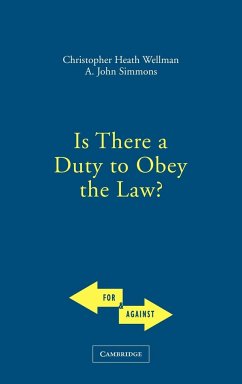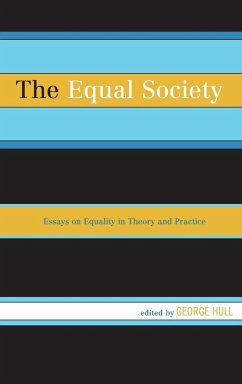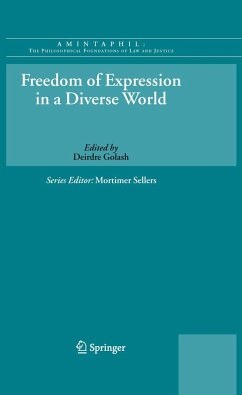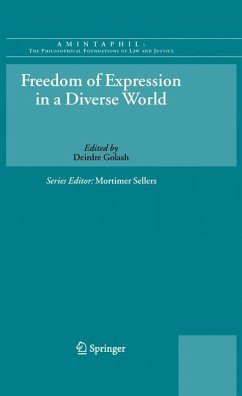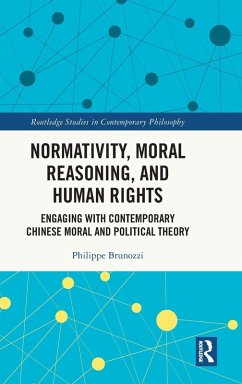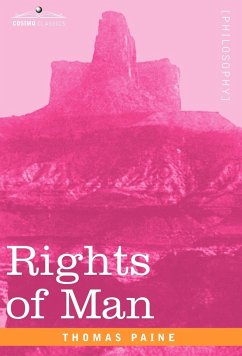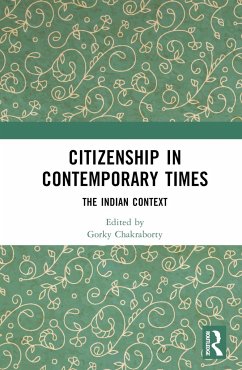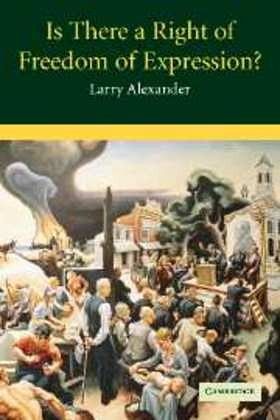
Is There a Right of Freedom of Expression?
Versandkostenfrei!
Versandfertig in über 4 Wochen
85,99 €
inkl. MwSt.
Weitere Ausgaben:

PAYBACK Punkte
43 °P sammeln!
In this provocative book, Alexander offers a sceptical appraisal of the claim that freedom of expression is a human right. He examines the various contexts in which a right to freedom of expression might be asserted and concludes that such a right cannot be supported in any of these contexts.





